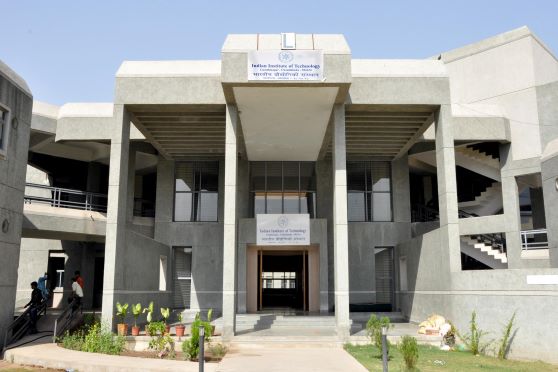IIT Gandhinagar hosts virtual lectures by Srinivas Reddy


Telugu literature was in focus at two virtual lectures hosted by the Indian Institute of Technology (IIT) Gandhinagar as part of the sixth edition of the Indian Knowledge Systems (IKS).
Srinivas Reddy, author, translator and musician, spoke on ‘Sweeter than Honey: The Advent and Rise of Classical Telugu Literature’ and ‘Conquest of the World: Krishnadevaraya’s Amuktamalyada’.
A teacher at Brown University and IIT Gandhinagar, Reddy studied classical South Asian languages and literature at UC Berkeley. He is also a concert sitarist and studied in the traditional guru-shishya parampara with Pandit Partha Chatterjee. Some books authored by him are Raya: Krishnadevaraya of Vijayanagara (2020), Meghadutam: The Cloud Message (2017), Malavikagnimitram: The Dancer and the King (2015), and Amuktamalyada: Giver of the Worn Garland (2010).
Reddy provided a glimpse into the interesting history of language, identity, and region with respect to Telugu literature. The session began with Reddy highlighting several conjectured origins of the word ‘Telugu’. One of them involved Trilinga, the three great Shivalayas (coastal Andhra, Telangana, Rayalaseema) that mapped out a certain territory.
Telugu is sweet like honey, which inspired the first lecture’s title. Srinivas emphasised that one cannot talk about Telugu without talking about Sanskrit, at least from a literary perspective. A significant portion of Telugu literature is defined by models derived from Sanskrit (grammar).
He elaborated on the advent and rise of classical Telugu literature, with a focus on the multifaceted process of vernacularisation, by discussing poets like Nannaya (Andhra-Mahabharatam), Somanatha, Potana, and Srinatha. In the process, an initially ‘desi’ line of literature rose to the status of ‘marga’ or classical.
Reddy gave a unique insight into one of the Pancha-Mahakavyas (five great poems) of Telugu — Amuktamalyada penned by the 16th-century Vijayanagara king Krishnadevaraya. The period of the Vijayanagara empire is sometimes called the Golden Age of Telugu literature as the majority of the courtiers were Telugu poets, especially eight of them sitting in a great hall called Conquest of the World which refers not to military conquest, but to poetry’s power to conquer the universe.
Before Krishnadevaraya’s poem, almost all Telugu literature was primarily based on stories from the Sanskrit tradition (Mahabharata, Ramayana, the Puranas). Krishnadevaraya departed by composing a story drawn from the Tamil tradition instead of Sanskrit: Amuktamalyada, written in ornate classical Telugu, extols the Tamil Alwar saint Andal and her devotion for Krishna, which weaves together themes relating to vernacular literature, courtly power, and bhakti.
Reddy explained how those traditions evolved over time, and how perceptions about languages, their status, functions and interactions, also keep changing over time. Both lectures concluded with lively question and answers sessions.
This is the sixth edition of the Introduction to Indian Knowledge Systems elective course being conducted online on the theme ‘Precolonial India’s Treasure House of Literatures’. Those interested can join the course for free by registering online on the official website of IIT Gandhinagar.